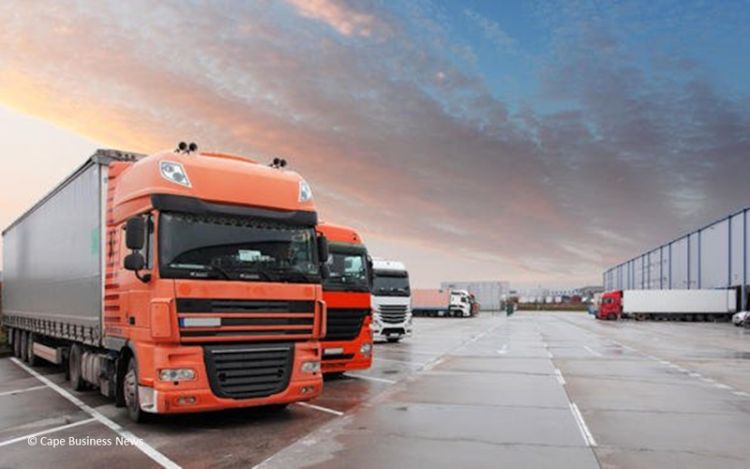5 reasons to prioritize safety in South Africa’s road transport
If you manage a fleet in South Africa, find out 5 reasons to prioritize safety and ensure the long-term sustainability of your operations.

Safety has emerged as a primary concern in the freight transport sector in South Africa, especially considering the alarming statistics revealed by the Road Traffic Management Corporation of South Africa (RTMC), which shows more than 4,600 fatal accidents involving freight vehicles.
In the face of this reality, addressing road safety in the country is imperative not only for saving lives but also for its profound economic and social implications. That's why we emphasized 5 reasons to prioritize safety in road transport in South Africa:
1. South Africa has unpredictable variables
By implementing strict safety protocols and improving vehicle maintenance, freight companies can mitigate the risk of accidents and minimize potential harm to drivers, the public, and the environment. This proactive approach is particularly crucial in a country characterized by unpredictable variables, ranging from adverse weather conditions to congested traffic and social unrest.
2. Uncompromising compliance
In South Africa, compliance standards vary between operators, with smaller ones often failing to meet standards and larger ones over-complying. Stricter control of compliance violations is crucial, and partnering with reputable operators, such as members of the Road Freight Association, is essential for customers seeking reliable and secure transportation solutions.
3. Failure to comply with safety standards
Failure to comply with safety standards can result in severe legal and financial consequences in South Africa, including heavy fines, legal battles, or even license revocation. Prioritizing safety in the country thus acts as a shield, protecting companies from liability and ensuring long-term financial stability.
4. Environmental responsibility
Transporting goods, especially dangerous ones, carries inherent environmental risks. Adhering to safety and compliance standards significantly reduces the probability of spills or leaks, actively contributing to sustainable practices and environmental protection.
5. Drivers' well-being and the sector's reputation
A commitment to safety is essential for ensuring drivers' well-being and promoting a working environment where safety comes first. By investing in safety, freight transport companies nurture a culture of professionalism and responsibility, increasing job satisfaction and reducing accidents.
In addition to the tragic loss of lives, accidents involving freight vehicles have far-reaching consequences, including disruptions in the supply chain, increased insurance costs, and damage to a company's reputation. Therefore, South African freight transport companies must prioritize safety by investing in stringent security measures, employee training, and vehicle maintenance to mitigate these risks and contribute to safer roads.
Safety is not just a choice but an ethical and professional responsibility within South Africa's freight transport sector. When companies prioritize safety, they protect lives and the environment and build a solid reputation as reliable partners, ensuring the long-term sustainability of their operations.
- Frotcom
- Road Traffic Management Corporation of South Africa (RTMC)
- Road transport safety
- South Africa
- Freight transport
- Risk mitigation strategies
- Legal compliance
- Accident prevention
- Vehicle maintenance
- Control compliance violations
- Secure transport solutions

